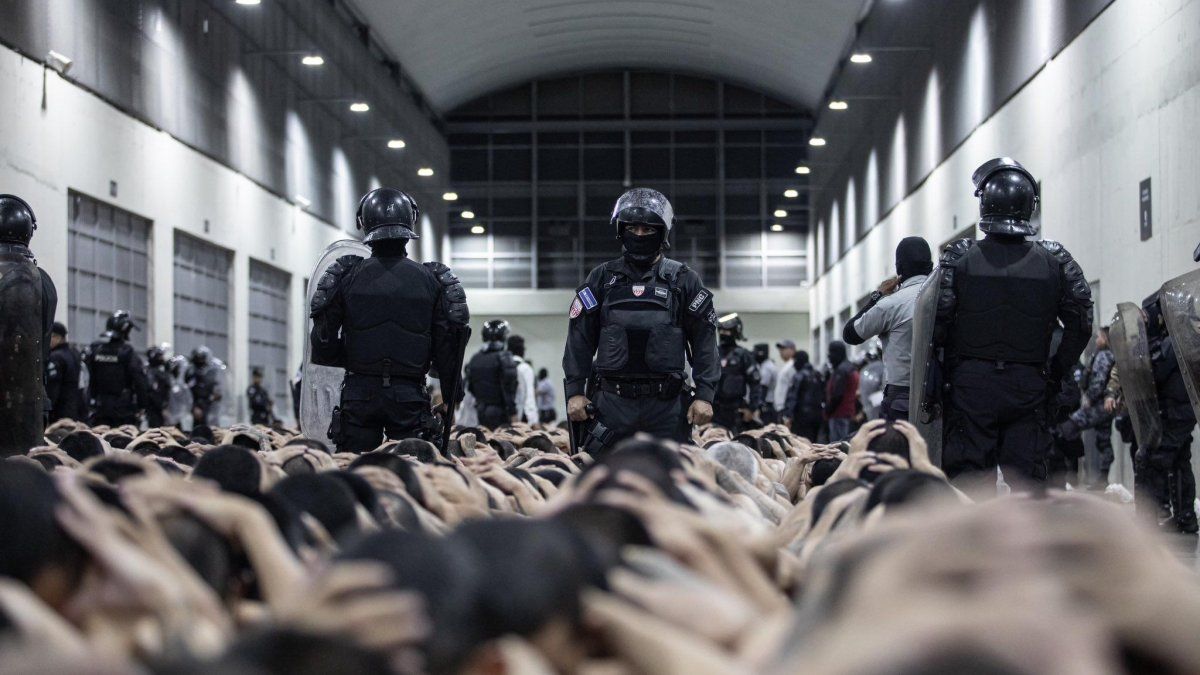After a long coalition dispute, there were still problems with the details, but now the government has agreed. The reform – a social policy flagship of the traffic light – can therefore be discussed in the cabinet.
The federal government has agreed on details regarding basic child security that are still open. The Ministry of Family Affairs has implemented the advice from other departments and the Federal Employment Agency on the relevant points, according to the traffic light coalition.
“I am pleased that we as the federal government are launching this central social policy project in the cabinet next week. This is a shared success for us as the traffic light coalition and the family ministry,” said family minister Lisa Paus (Greens) yesterday to the German press. Agency.
Bundled services
The basic child security is intended to bundle previous benefits such as child benefit, benefits from citizen’s benefit for children and the child allowance. Through greater clarity and a central platform, families who have previously not been able to access the money due to them due to ignorance or bureaucratic hurdles should also be reached.
Green Party deputy Andreas Audretsch spoke today of a “giant step for more social justice and new opportunities for children.” The magnitude of the reform is still underestimated. Over the next few years, around 90 percent of those eligible should be reached. The volume would then be around 7.5 billion euros.
The basic child welfare provision, which was particularly controversial between the Greens and the FDP, was actually supposed to be launched in the cabinet a week and a half ago. At least Family Minister Paus had expressed this expectation. However, the project did not end up on the agenda. Family Ministry circles said at the time that there was still a problem with the transfer of child benefit and the Asylum Seekers’ Benefits Act – i.e. questions about who receives benefits and how they are offset against the basic child benefit or not.
Lindner: “Don’t send the wrong signals”
The discrepancies now seem to have been resolved: With the introduction of basic child security, the immediate surcharge introduced in the Corona pandemic in the Federal Child Benefit Act, Social Code Books II and The “Rheinische Post” first reported on it.
“The SPD and the Greens want to permanently pay asylum seekers 20 euros more per child per month. I don’t support that,” said Federal Finance Minister and FDP leader Christian Lindner. “The standard rates are appropriate, and we shouldn’t send the wrong signals, especially with the Asylum Seekers Benefits Act.”
The social policy figurehead of the traffic light government must now enter the cabinet as soon as possible in order to adhere to Paus’ ambitious schedule: The draft law still mentions a start on January 1, 2025. The Federal Employment Agency (BA) had previously doubted that this would happen Start time is realistic. A lead time for the complex legislative proposal of at least 12 months is required in order to be successfully implemented.
Months of struggle
The revised draft law now states that the project is particularly urgent. “The BA needs sufficient time (up to one year) from the announcement of the law to prepare the administrative processes and IT procedures for the introduction of basic child protection. The legislative process must therefore be completed as quickly as possible.”
Paus and Lindner had previously struggled for months about financing basic child welfare. At the end of August, both finally agreed on details for financing the project. In the year of introduction in 2025, the traffic light is now estimated to initially cost around 2.4 billion euros in additional costs. Government circles had also said that if the use of basic child welfare benefits increased, the costs could rise to up to six billion euros in the following years.
DGB criticizes
The rapporteur for the FDP parliamentary group, Martin Gassner-Herz, expressed satisfaction with the agreement. “We have dispelled the simple idea that more money would solve the complex issue of child poverty,” he explains. “For more opportunities, we have currently achieved what was important to us with the starting opportunities program for schools in socially disadvantaged areas and in the future with the children’s opportunities portal.” With the so-called StartChances program, 4,000 schools in difficult situations are to receive special government funding worth billions in the coming years.
The German Federation of Trade Unions (DGB) criticized the compromise. “If, under pressure from the FDP, the immediate supplement for refugee children is to be canceled and their benefits are to be reduced by 20 euros, that has just as little to do with humanity as it does with social progress,” said board member Anja Piel. Children of refugees are already among the “poorest of the poor” because the benefits provided by the Asylum Seekers Benefits Act are significantly lower than those provided by citizens’ benefit.
Source: Stern
I have been working in the news industry for over 6 years, first as a reporter and now as an editor. I have covered politics extensively, and my work has appeared in major newspapers and online news outlets around the world. In addition to my writing, I also contribute regularly to 24 Hours World.




